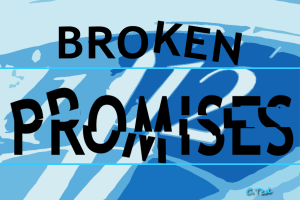Anger is as important as anxiety when it comes to chronic pain management. Some people are able to come to grips with anger and process it in a healthy way. For others, a lack of control over anger erodes their quality of life. Forget about physical pain for a moment. Instead, visualize a day when you were angry with a relative, co-worker, or a troubling situation. What was your quality of life like that day? Not great, right? When you add in the physical pain, the day becomes intolerable.
In this way, a treacherous cycle forms. You experience chronic pain in addition to the rest of your life stresses. The pain produces anxiety because you don’t know where it’s coming from and you don’t get adequate answers from your doctor. Over time, you become angry about the pain, the lack of answers, dashed hopes, and your loss of control. As your nervous system gets more and more fired up, your pain increases and feeds back into the cycle.
Anger is an understandable response to chronic pain. In my experience, the more legitimate your anger, the harder it is to let go. You may find yourself angry for some or all of the following reasons:
- You cannot escape the pain—you feel like a victim.
- You cannot engage in many recreational activities.
- You may not even be able to handle the normal activities of daily life.
- If you are on disability leave–your employer, workers’ compensation board, disability insurance companies and others who want you to get back to work may harass you.
- The medical system has no answer to why you’re in pain, nor is it offering any direction for the future.
- Your relationships suffer because you are irritable; instead of being an energy source for your family, you are a drain.

How can you not be angry? But anger, no matter how legitimate, will destroy you and your quality of life.
